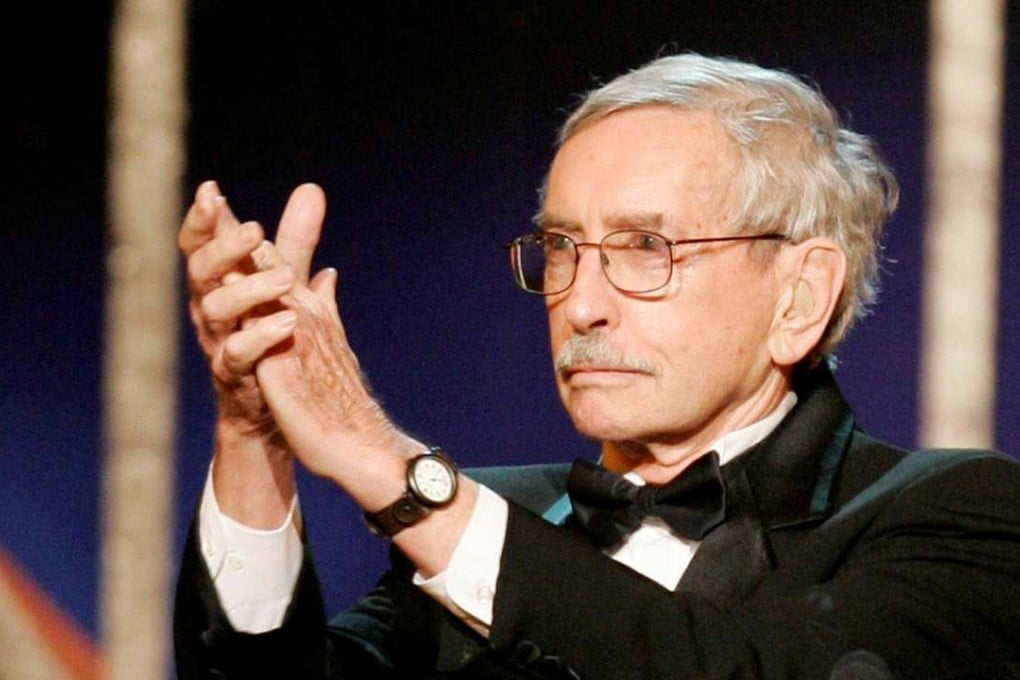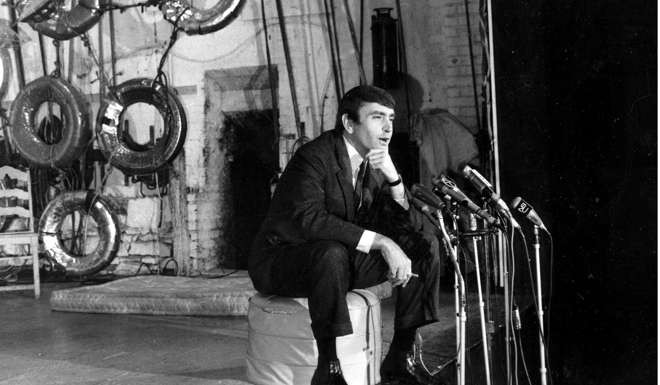Edward Albee, Pulitzer-winning playwright and ‘Who’s Afraid of Virginia Woolf?’ author, dies at 88

Edward Albee, the award-winning playwright who instilled fire-breathing life into George and Martha, the iconic, middle-aged couple who made his best-known play, Who’s Afraid of Virginia Woolf? a clenched battleground of love-hate matrimony, has died. He was 88.
Personal assistant Jacob Holder said the playwright died on Friday at his home on Long Island, according to the Associated Press. No cause of death has been given.
Albee won the Pulitzer Prize for drama three times – though not for Virginia Woolf – during a long, protean, sometimes experimental playwriting career. Despite his standing as one of the leading literary figures of his time, he rarely gained universal acclaim from the critics, and he was not shy about returning his detractors’ volleys. He typically wrote about the Northeastern suburban upper-crust in which he was raised, aiming to provoke audiences rather than reward them with comfortable pleasures.
“A play, at its very best, is an act of aggression against the status quo,” he told a group of aspiring teen-aged playwrights in San Diego in 1989.
From the start of his career in 1958 at age 30, Albee resisted stasis in his own work, which went through frequent swerves of subject and style. From his imagination sprang some of the theatre’s strangest scenarios – for example, the undistinguished fellow who becomes a celebrity by growing an extra limb in The Man Who Had Three Arms (1983), and the two lizards who crawl out of the ocean in Seascape (1975) to converse with a couple lying on a beach and trying to sort out what to do with themselves now that they’re retired.
